The Dialogue between the European Union and the countries of the Western Balkans on drugs will be held on 25 May 2023 in Brussels. The European side is coordinated by the Swedish Presidency of the European Union. Representatives of the national drug agencies of the EU countries who cooperate within the Horizontal Drug Group (HDG), the body of the Council of the European Union responsible for leading and managing the work of the Council and the European Union on policy, will participate. The embassies of the countries of the Western Balkans to the European Union are invited to the Dialogue.
The Civil Society Forum on Drugs of the European Union (CSFD), an expert group at the European Commission consisting of 45 civil society organizations from all over Europe, representing a variety of fields of drug policy, and a variety of stances within those fields, prepared the document with information, views and recommendations of civil society. Several civil society organizations from the region participated in its preparation. DPNSEE, as a CSFD member organization, coordinated the collection of their contributions. The document has been sent to the Swedish EU Presidency and will be distributed to HDG members and embassies.
 The CSFD document is available following this link>>>.
The CSFD document is available following this link>>>.
We hope that it will have an impact and contribute to better and coordinated partnerships and support to the region.

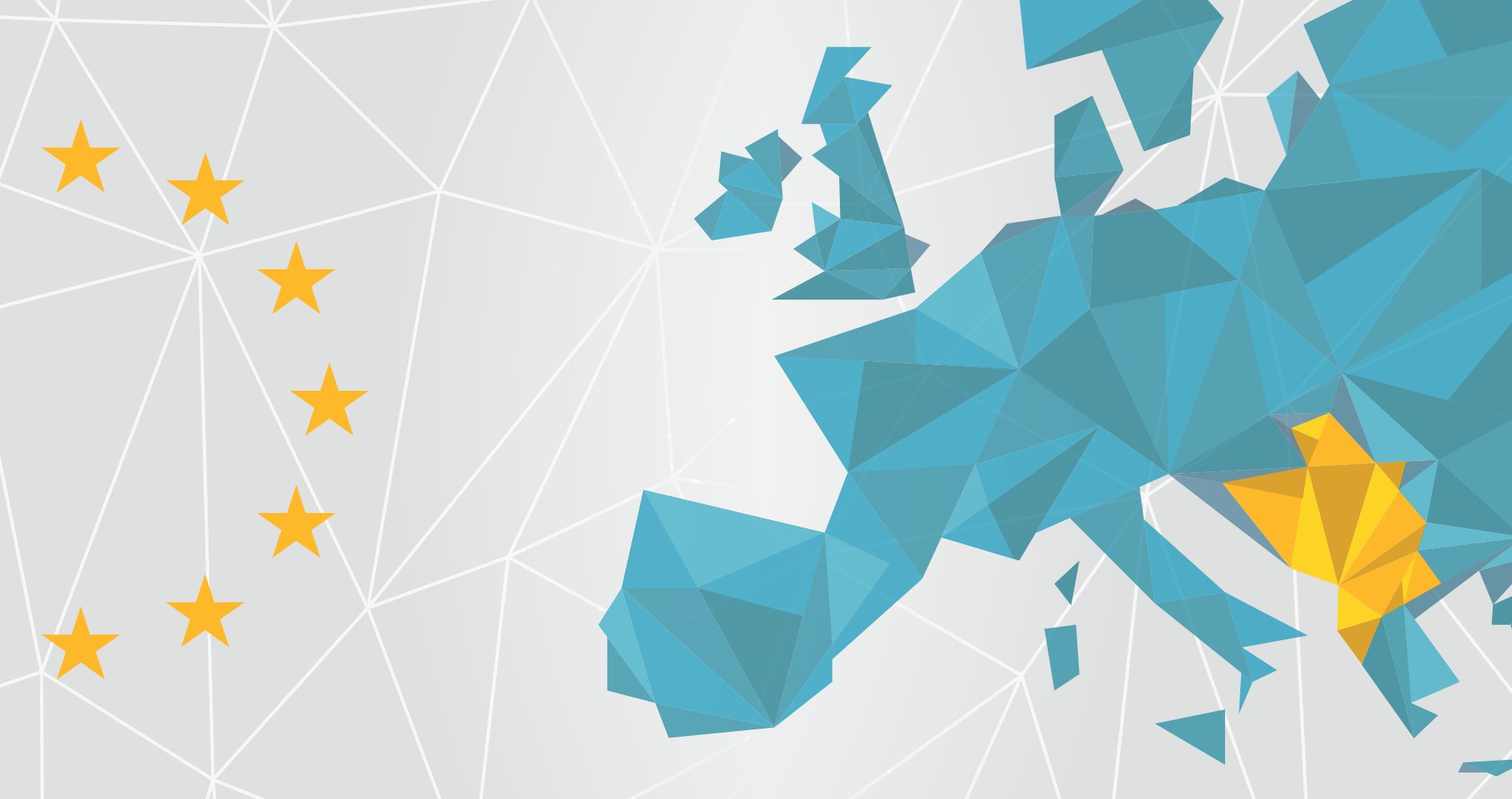
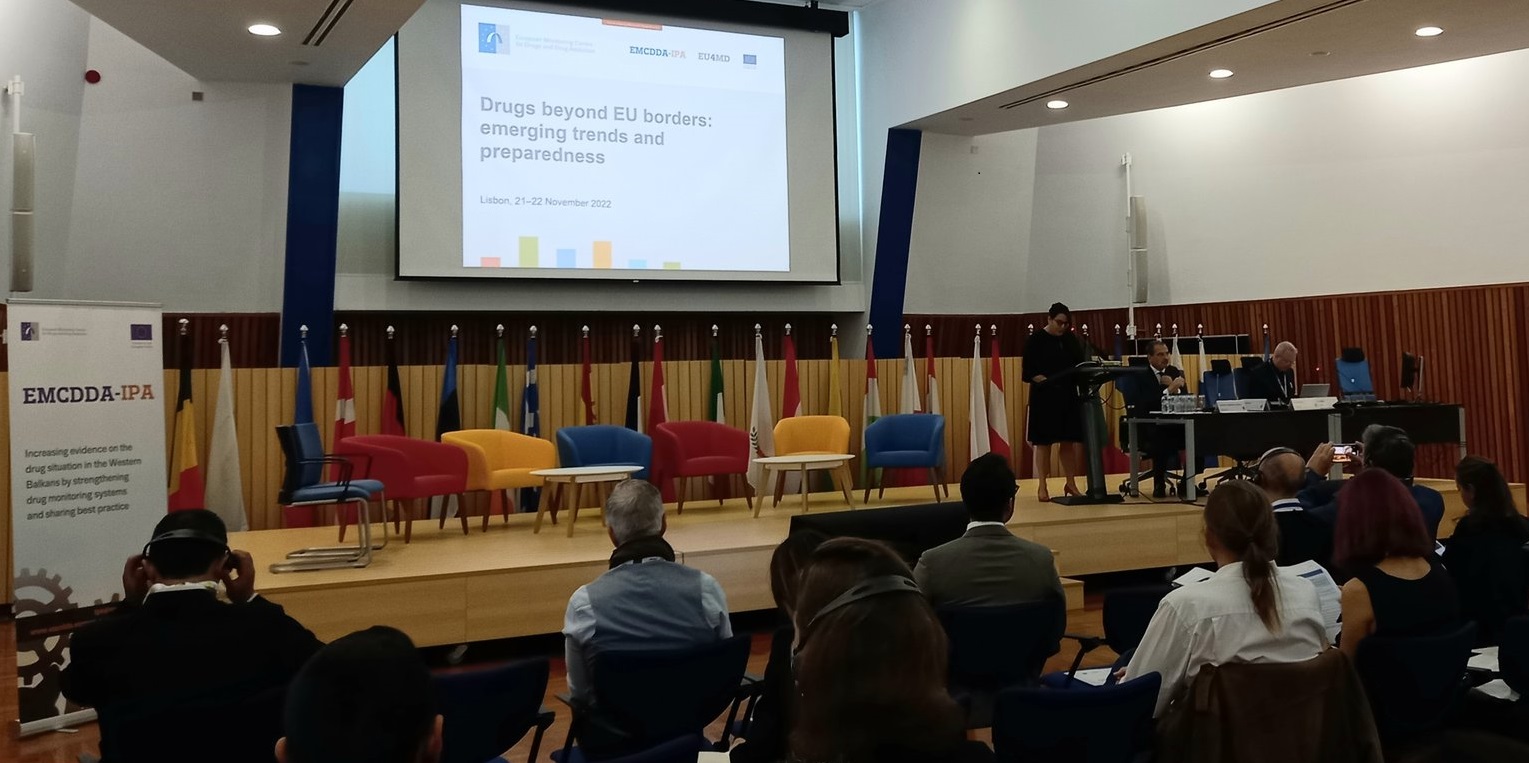


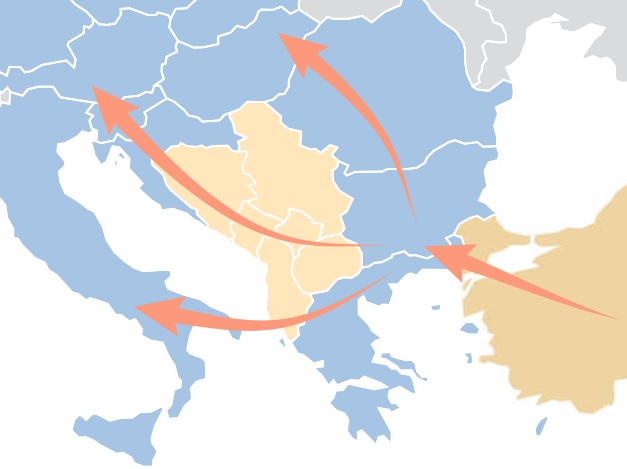
 The report is available
The report is available 
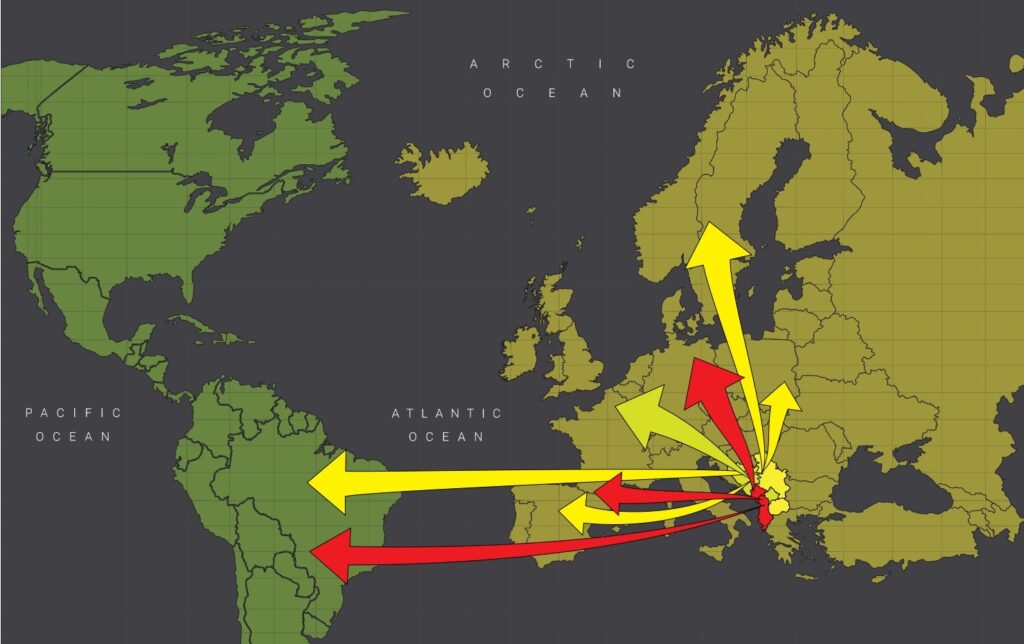
 To read the document,
To read the document, 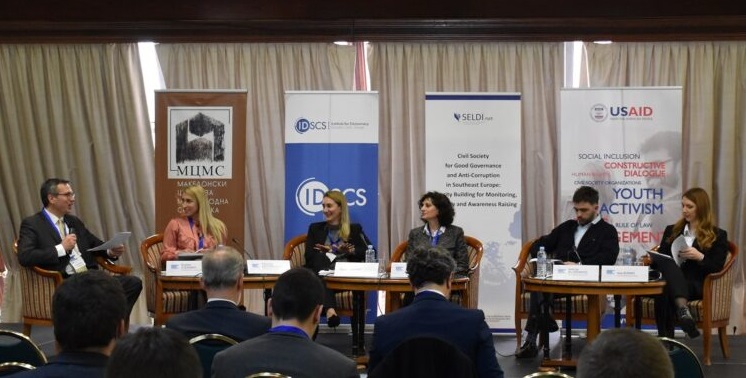

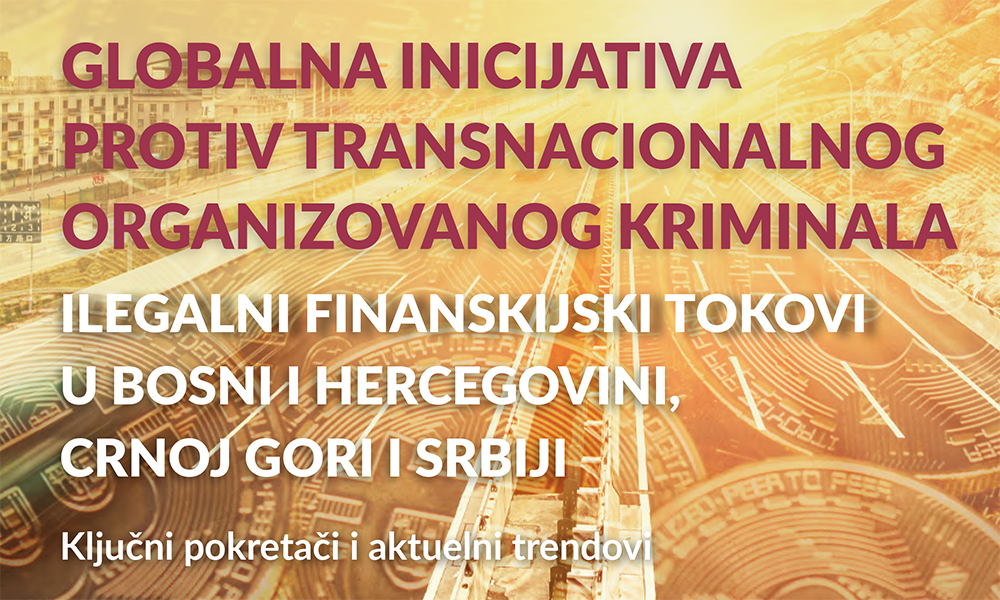


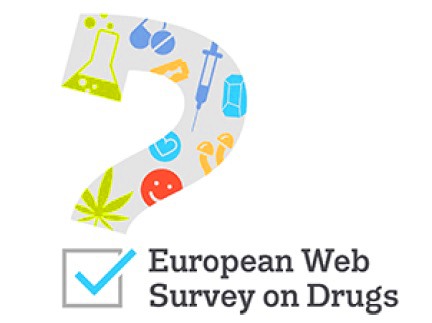

 To read the report, please
To read the report, please 
 The Global initiative against transnational organised crime (
The Global initiative against transnational organised crime ( To read the report,
To read the report,